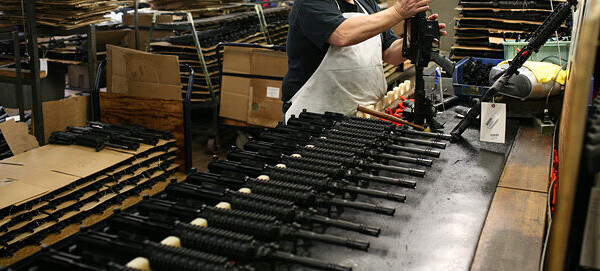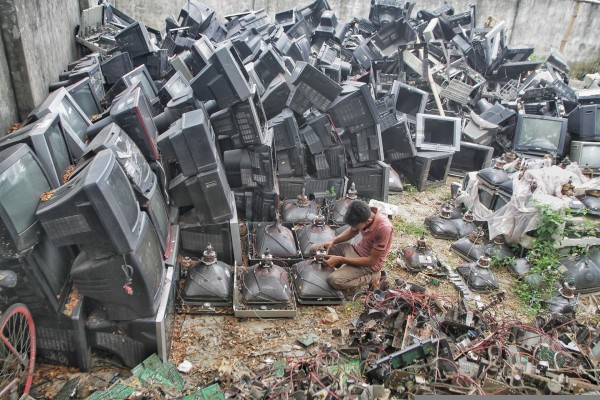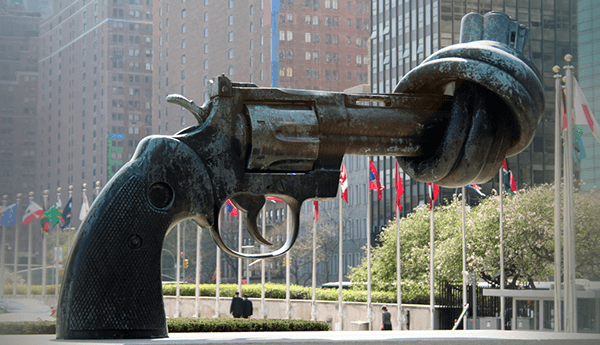
Due diligence and corporate accountability in the arms value chain
27 mars 2024Given the nature of the products commercialised by arms value chains, and their potentially devastating impacts on human dignity, states have a strict obligation to control operators in this economic sector. But is compliance with export controls sufficient for companies to assess risks to human rights? This report analyses the possibility and necessity of establishing corporate responsibility and

Small arms and light weapons transfer controls: Import, transit and trans-shipment
8 janvier 2024The objective of strengthening controls on the transfer of small arms and light weapons (SALW) is to ensure a more responsible trade, counter the illicit trade and prevent armed violence and conflict. To be effective SALW control is not limited to export control. Consignments of SALW as well as their ammunition, parts, and components, need to be controlled at all transfer points, including at the

Due diligence responsibilities of businesses involved in small arms and light weapons
18 septembre 2023IPIS and the International Action Network on Small Arms (IANSA) have developed a Fact sheet on “Due Diligence Responsibilities of Businesses Involved in Small Arms and Light Weapons.” For over a decade, the international community has been developing guidelines for responsible business conduct for States and companies to prevent, address and remedy human rights abuses committed in business operati

Urban mining and e-waste exports: overview and recent initiatives
5 octobre 2022As economies are increasingly looking into alternatives to virgin mining of natural resources to secure their supply of critical raw materials, recycling and the aim of a circular economy are high on the political agenda. A case in point is the recent announcement of an EU Critical Raw Materials Act envisioning, among others, the enhanced recovery of rare earth elements from waste streams. At the

E-learning: The Arms Trade Treaty
7 septembre 2017In June 2017, IPIS launched its e-learning digital education package to support the early ratification and effective implementation of the Arms Trade Treaty. The Arms Trade Treaty (ATT) was adopted by the UNGA on 2 April 2013 and entered into force on 24 December 2014. There are currently 92 States Parties and 130 Signatories. Implementation of the Treaty is the responsibility of States Parties,

